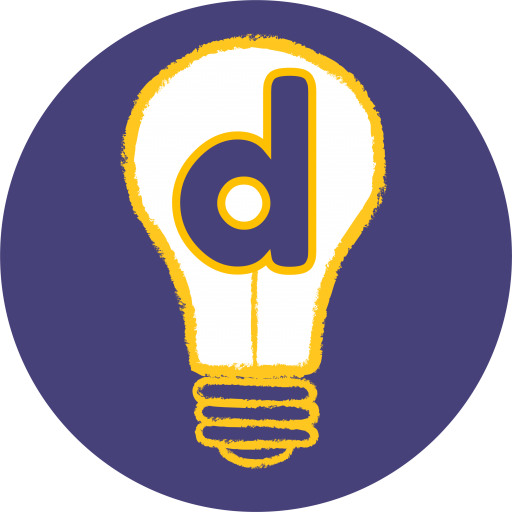Everybody knows something. In fact, we all know a great deal – even by the time we’re about three years old.
Yet a common problem in learning design is assuming that learners have no ‘prior knowledge’. If we start designing learning without considering what our learners might already know, it’s highly likely we will fail to engage them effectively.
Prior knowledge of what?
For example, if we know what qualifications each learner will arrive with we should be able to anticipate their subject knowledge. If we know their age, we can make an informed judgement about their potential level of professional experience. And if we consider their potential motivation for taking the course, we can plan to include content and activities that reflect the experiences they hope to have as a result of passing the course.
By asking ourselves about the potential mix of our learners’ cultural backgrounds, we can anticipate our learners’ expectations about the course delivery. While there is always a risk of generalising, empathy can help us be more prepared for how our learners respond to specific learning activities. For example, students from Confucian Heritage cultures such as China will be accustomed to the ‘all powerful tutor’ who rarely asks questions. If our course design is highly discursive and features lots of breakout discussions, it’s possible that these students may initially struggle to engage.
Ask the right questions
So how can you find out what your learners already know? This is where empathy comes in. We can ask a series of questions to empathise with how our learners might feel as they approach the start of a course:
- how old are they likely to be?
- what is their cultural background?
- what qualifications might they have?
- what prior experience of the topic might they have?
- what prior professional experience might they have?
- what might be their reasons for taking this course?
- how might this course help them achieve their ambitions?
Each of these questions helps to clarify how best to approach the design of a course. Some questions enable us to clarify their subject knowledge, and other questions help us determine our approach to language, team work and activity design.
For those of you interested in the learning theory behind prior knowledge, it’s the theory of constructivism. This theory proposes that we ‘construct’ new knowledge on top of our existing knowledge. Think of it like LEGO – if we try and put a new LEGO brick on top of a non-LEGO brick, it won’t fit. So we need to anticipate the ‘knowledge structures’ our learners already have so they can successfully ‘construct’ new knowledge on top.
The important thing to remember about prior knowledge is this: everybody has some. If we ignore our learners’ prior knowledge, we will struggle to pitch a course at an appropriate level to engage them effectively.
You might also like:
Photo by Fakurian Design™ on Unsplash



Trackbacks/Pingbacks